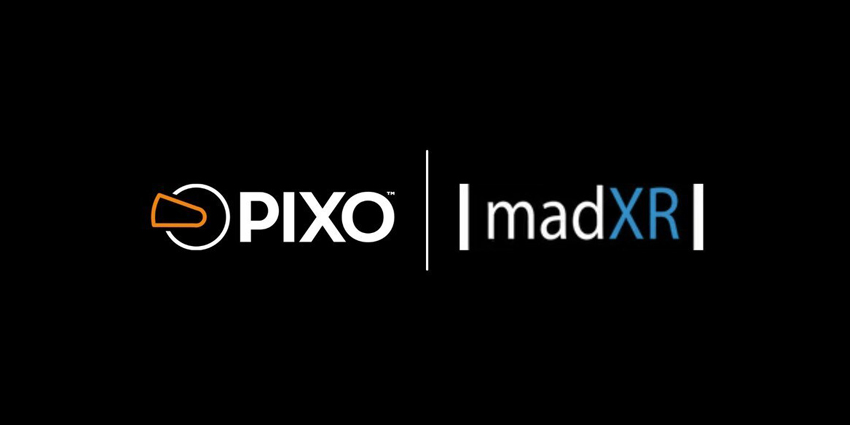Immersive technology has been around for longer than most people realise, and the recent market growth has led to new opportunities to work in virtual reality (VR). The VR market is growing phenomenally, leading many to wonder if enterprises will adopt VR.
Grandview Research believes that the VR market will grow at a rate of 2.16% until 2027, and the extended reality (XR) market could soon be worth billions.
So, what does the evolution of VR mean to enterprises? It’s not just an evolution in how we play games or entertain ourselves. VR could be a critical tool in transforming work, particularly after COVID, where digital interactions became essential. Countless companies, like Microsoft, Meta, and Qualcomm, are investing in the future of VR.
Already, emerging immersive VR solutions are changing the way the world operates.
Work in Virtual Reality Leads to Better Training Opportunities
VR offers exceptional training opportunities for companies that need to prepare their workers for complicated scenarios that are difficult to replicate safely in real life. For instance, medical students have long relied on human bodies to develop their diagnostic and surgical skills. However, with VR, students can access extensive and repeatable purpose-built immersive content libraries.
Military personnel can rely on VR to experience the stresses of battle conditions and prepare themselves for exposure in the future. Many firms, such as Microsoft, are investing in VR defence solutions.
Improved Communications
Following Covid, many companies had to rely on video conferencing software like Zoom and Microsoft Teams. While many companies embraced video conferencing and chat to bridge the communication gap, many immersive firms believe something is missing. Companies must replicate a sense of presence to collaborate and communicate in a distributed environment.
VR environments allow staff members to discuss and work on projects together in real-time. These environments can come with access to helpful information and blueprints that make it easier for manufacturers to work on projects together without wasting expensive resources. VR can help team members communicate better with customers and guide them through the onboarding experience in a shared virtual space.
Enhanced Productivity and Business Outcomes
VR can create experiences which provide new and seasoned professionals with fresh insight, data, and guidance. VR training groups like Strivr work with Fortune 1000 companies to enhance training outcomes.
Additionally, Metaverse platforms like Virbela allow clients to host virtual offices that companies use to significantly reduce operational costs while maintaining a united sense of presence and culture.
Companies can use VR to attract new talent and investors by proving profiencing in a remote working environment using immersive tools. Alternatively, marketing and sales teams could take their customers on a virtual tour or assist clients in setting up a service through VR guidance.
When will Enterprises Work in Virtual Reality?
The answer is simple, and the answer is now. Many enterprise clients are already adopting VR in different ways, from Metaverse offices to virtual events and immersive training.
While the presence of VR solutions for enterprises is still an emerging space, much like XR solutions. VR headset companies like Meta and Pico are investing in enterprise-ready immersive devices.
Meta is debuting its Quest Pro device as a consumer and enterprise-focused product. The Menlo Park-based firm is pushing its Metaverse platform Horizon as a digital space for companies to conduct business operations.
Under the Horizon umbrella, Meta offers Venues and Workrooms. Businesses can access Meta’s two applications via virtual portals, allowing Horizon avatars to enter a purpose-built enterprise environment.
From its Venues and Workroom services, a business can leverage the Metaverse for remote collaboration and guidance. Meta clients can host Horizon live events and showcases, like announcements or industry showcases. During Connect 2022, Meta used Horizon as an events tool, partially hosting its showcase on the Metaverse.
Furthermore, at its Connect event, Meta announced a partnership with Microsoft. The alliance enables Meta to integrate the Office workplace suite as an immersive application on the Quest Pro. Alternatively, ShapesXR debuted mixed reality (MR) tools for remote collaboration using custom avatars and assets.
Enterprise VR Competitors
On the other hand, Bytedance-owned VR headset manufacturer Pico also considers enterprise clients. Recently, the firm announced the Pico 4 headset. The new product is a significant competitor to the Meta Quest Pro thanks to similar features with a fractional cost.
The Bytedance-operated firm is debuting an enterprise edition of the Pico 4. The purpose-built Pico 4 headset uses a Qualcomm Snapdragon XR2 processor to run 4K VR enterprise applications.
Pico’s upcoming enterprise headset will cover vertical use cases. VR use cases include training, upskilling, gaming, education, video conferencing, and metaverse-based collaboration. Also, the firm is debuting a Metaverse service for its new device.
Additionally, immersive hardware experts like Magic Leap, Nreal, and others are designing enterprise solutions. Many different hardware offerings enable a world of opportunities for hybrid workers.







